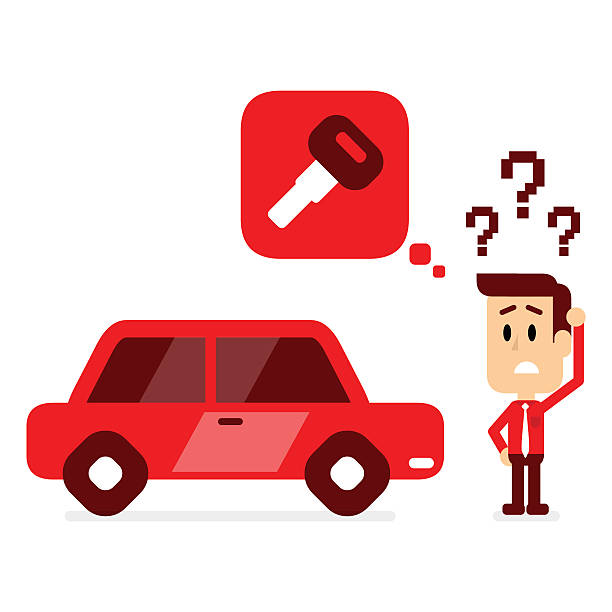
Study this example situation:
Tom can’t find his key. He’s lost his key. (= He has lost …)

he has lost his key = he lost it and he doesn’t have it now
have lost / has lost is the present perfect simple:
| I/we/they/you have (= I’ve etc.) | finished lost done been etc. |
| he/she/it has (= he’s etc.) |
The present perfect simple is have/has + past participle. The past participle oft en ends in -ed (finished/decided etc.), but many verbs are irregular (lost/done/written etc.).
When we say ‘something has happened’, this is usually new information:
- Ow! I’ve cut my finger.
- The road is closed. There’s been an accident. (= There has been …)
- Police have arrested two men in connection with the robbery.
When we use the present perfect, there is a connection with now. The action in the past has a result now:
- Tom has lost his key. (= he doesn’t have it now)
- He told me his name, but I’ve forgotten it. (= I can’t remember it now)
- Sally is still here. She hasn’t gone out. (= she is here now)
- I can’t find my bag. Have you seen it? (= do you know where it is now?)
Compare gone (to) and been (to):
- James is on holiday. He has gone to Italy. (= he is there now or on his way there)
- Amy is back home now. She has been to Italy. (= she has now come back)
You can use the present perfect with just, already and yet
Just = a short time ago:
- ‘Are you hungry?’ ‘No, I’ve just had lunch.’
- Hello. Have you just arrived?
Already = sooner than expected:
- ‘Don’t forget to pay the bill.’ ‘I’ve already paid it.’
- ‘What time is Mark leaving?’ ‘He’s already left .’
Already = sooner than expected:
- ‘Don’t forget to pay the bill.’ ‘I’ve already paid it.’
- ‘What time is Mark leaving?’ ‘He’s already left .’
Yet = until now. We use yet to show that we are expecting something to happen.
We use yet in questions and negative sentences:
- Has it stopped raining yet?
- I’ve written the email, but I haven’t sent it yet.
You can also use the past simple (did, went, had etc.) in the examples on this page. So you can say:
- Ben isn’t here. He’s gone out. or He went out.
- ‘Are you hungry?’ ‘No, I’ve just had lunch.’ or ‘No, I just had lunch.’
Try this exercise to test your grammar.
Ready to elevate your teaching career?
Join thousands of certified educators worldwide who have transformed their careers with our internationally recognised teacher training programs.










.png)
Feedback
Total score is 2 out of 10 (25%)
B1-B2 Grammar : Present Perfect 1 (I Have Done)
Choose the correct word.